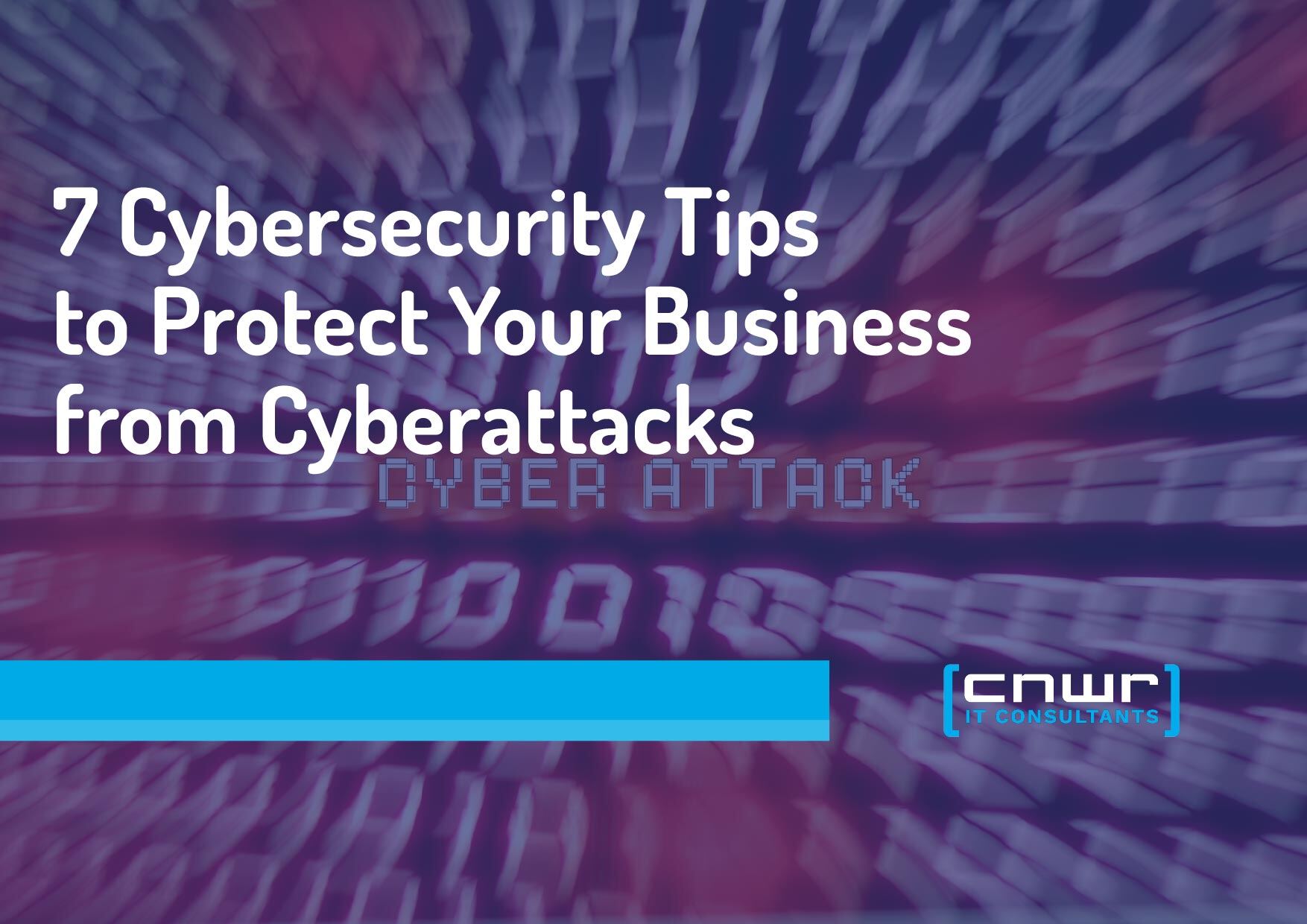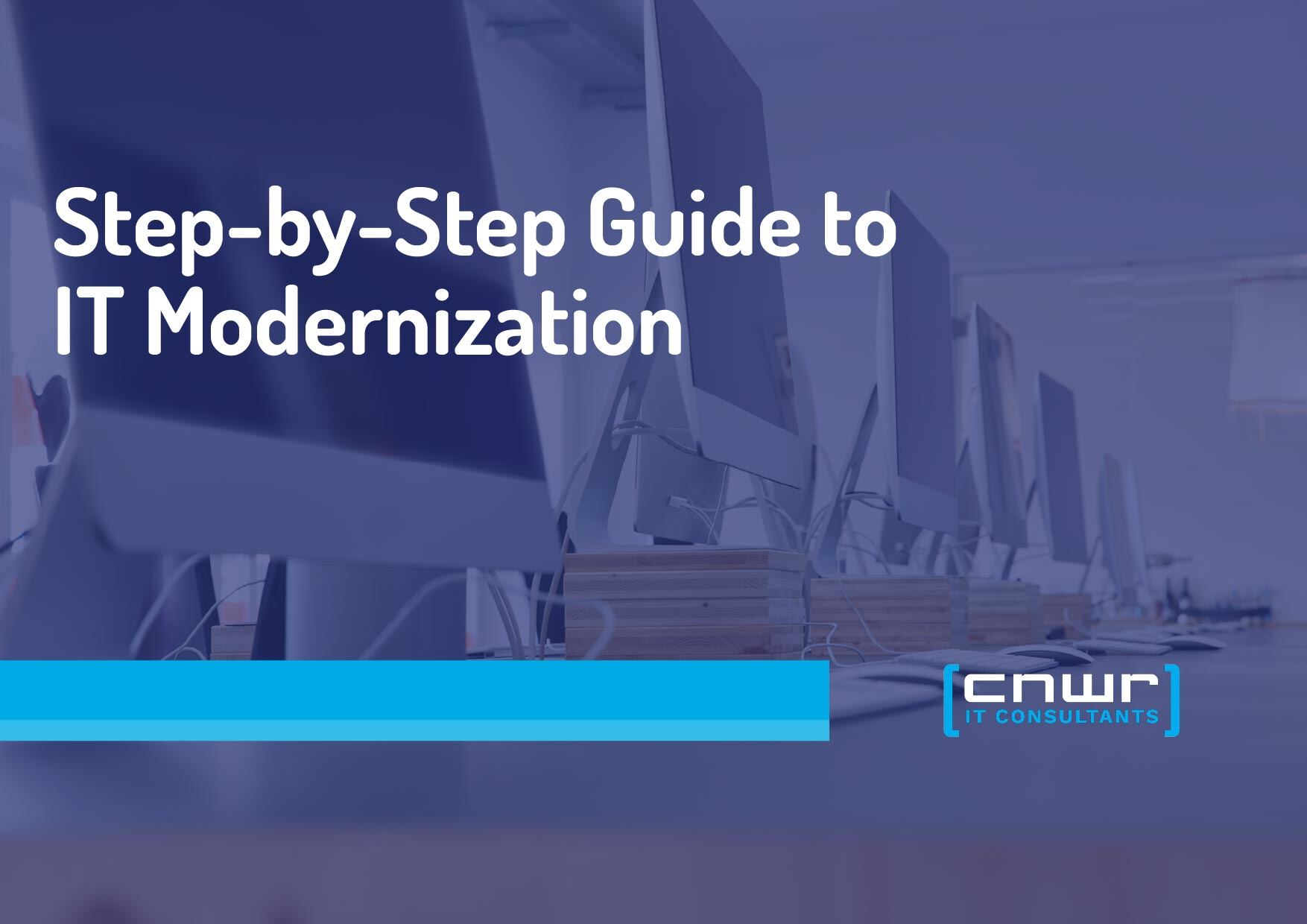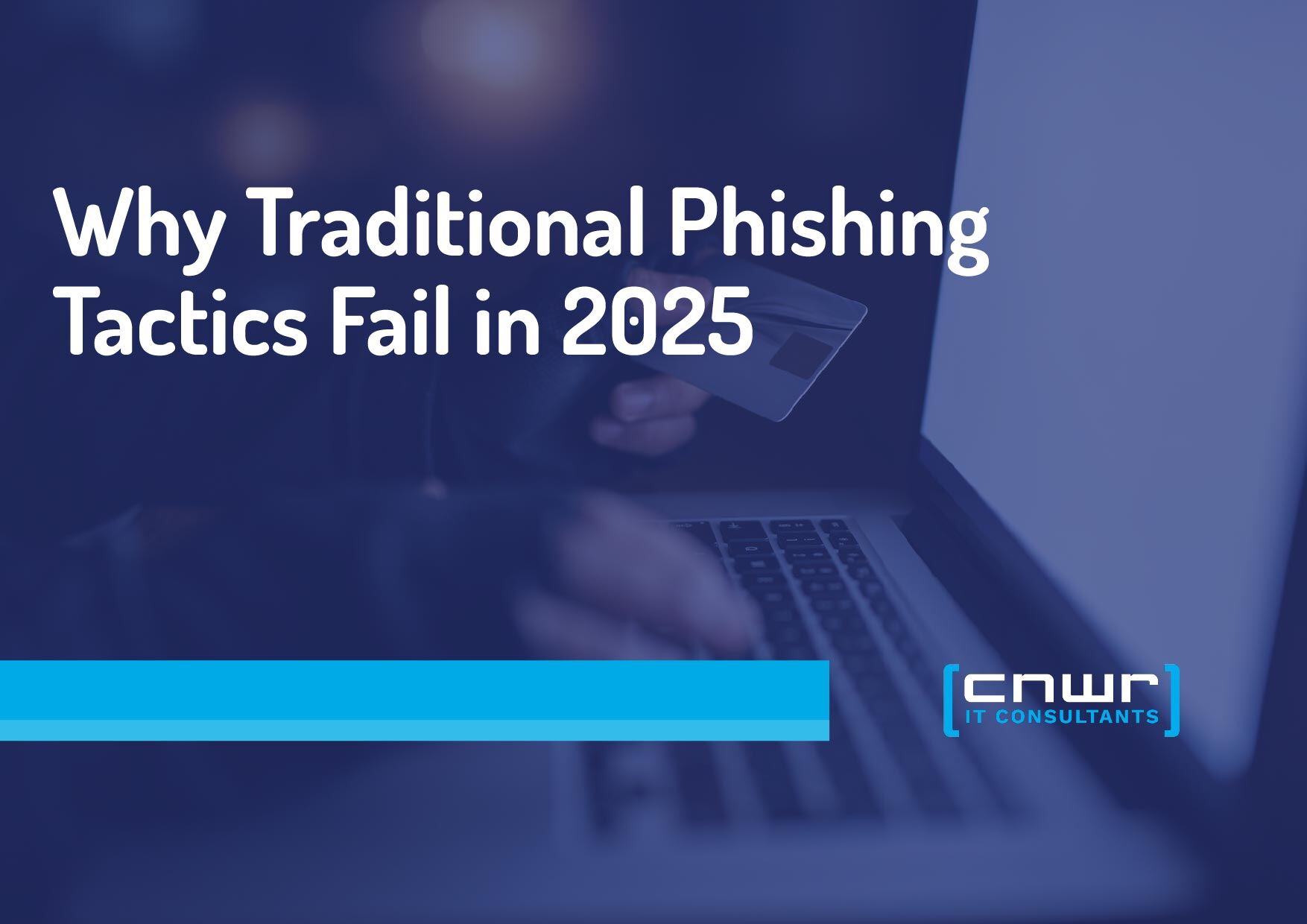If you're a small business owner, entrepreneur, or leader of a tech startup, cybersecurity needs to be front and center in your operations. But here’s some good news—it doesn’t have to be overwhelming. With the right strategies in place, you can secure your business, protect sensitive data, and gain peace of mind.
This guide will walk you through 7 practical cybersecurity tips to keep your business safe. Plus, we’ll introduce how CNWR can help you build a powerful security system customized to your needs. Let's get started.
Why Are Small Businesses Prime Targets for Cybercriminals?
You might be wondering, “Why would someone target a small business when there are much bigger fish in the sea?” Here's why:
1. Limited Resources
Small businesses often lack the budget for full-time IT personnel or advanced security systems, making them easier targets than large companies.
2. Lower Awareness
Many small business owners underestimate the likelihood of being targeted, leading to weaker defenses like outdated systems or untrained employees.
3. High-Value Data
Don’t underestimate how valuable your data is. Customer records, financial information, trade secrets, and even employee data can fetch a high price on the black market.
The consequences? Beyond the financial loss, a cyberattack can destroy your reputation, breach trust with customers, and result in non-compliance fines. You can’t afford to take these risks lightly.
Now that we know why small businesses are targeted, here’s how you can protect yours.
7 Key Security Tips to Protect Your Business
1. Educate Your Employees
Your employees are your first line of defense against cyber threats. Unfortunately, they can also be your weakest link if not properly trained.
- Why it matters: A large percentage of breaches result from phishing, where employees unknowingly click on malicious emails or links.
- Solution:
- Provide regular security awareness training.
- Teach employees to recognize phishing attempts and avoid suspicious downloads.
Pro Tip: Consider running periodic tests by sending fake phishing emails to evaluate your employees’ vigilance.
2. Implement Strong Passwords and Multi-Factor Authentication
Weak passwords open the door to cybercriminals. Strengthen your defenses.
- Why it matters: 80% of hacking-related breaches involve compromised passwords.
- Solution:
- Use passwords with at least 12 characters, including numbers, symbols, and mixed case letters.
- Require regular password updates.
- Enable multi-factor authentication (MFA) for all critical accounts to add an additional layer of security.
3. Keep Software Updated
Outdated software and operating systems are a goldmine for hackers.
- Why it matters: Cybercriminals exploit vulnerabilities in outdated systems to gain access.
- Solution:
- Enable automatic updates for systems, applications, and even plugins.
- Regularly audit your software stack to ensure everything is up to date.
Hackers evolve constantly. Keeping your software updated ensures your defenses evolve, too.
4. Install and Maintain Antivirus Software
Think of antivirus software as the gatekeeper for your digital assets.
- Why it matters: Antivirus programs block and remove malware before it infiltrates your system.
- Solution:
- Choose a reputable antivirus solution.
- Schedule regular scans to identify and eliminate potential threats.
- Keep your antivirus software updated to fend off emerging malware.
5. Secure Your Network
Your business network is the backbone of operations. Protect it effectively.
- Why it matters: Without proper network security, your data is vulnerable to unauthorized access.
- Solution:
- Use a firewall to control incoming and outgoing traffic.
- Encrypt your Wi-Fi network and secure it with a strong password.
- For added security, hide your network name from public discovery.
6. Backup Your Data Regularly
Despite best efforts, breaches can happen. Backups ensure you recover quickly and effectively.
- Why it matters: Data loss can disrupt operations and cost fortunes.
- Solution:
- Set up automatic backups on secure cloud platforms or offsite hard drives.
- Test your backups periodically to ensure they work when needed.
With CNWR's 24/7 data backup and disaster recovery solutions, your business can bounce back seamlessly if a breach occurs.
7. Develop an Incident Response Plan
Hope for the best but prepare for the worst.
- Why it matters: A quick and coordinated response reduces damage after a cyberattack.
- Solution:
- Create a step-by-step plan outlining how to identify, contain, and recover from an attack.
- Assign roles and responsibilities to a response team.
- Review and update the plan regularly as your business grows.
How CNWR Supports Your Business with Cybersecurity Solutions
At CNWR, we understand that running a small business is hard enough without worrying about cyber threats. We’re here to take that burden off your hands. Our tailored IT solutions are designed to meet your business's unique needs, ensuring that your company flourishes without disruptions.
What We Offer:
- Cybersecurity Services
We secure your network, stopping potential threats before they cause damage.
- Automated Data Backup & 24/7 Monitoring
Forget about data loss interruptions with our reliable backup and recovery systems.
- Custom IT Plans
No business is the same. We design IT strategies that work best for you.
- Comprehensive Support
Whether you lack an IT team or need extra support, we’re by your side.
Take the stress out of cybersecurity and focus on what you do best—running your business.
At CNWR, we go beyond just IT support—we provide peace of mind. From securing your network to optimizing your IT systems, we have solutions that will help you grow stronger while ensuring your business is safe from threats.


![[CTA] Q2 CTA image (2)](https://cnwr.com/hs-fs/hubfs/%5BCTA%5D%20Q2%20CTA%20image%20(2).jpg?width=1476&height=591&name=%5BCTA%5D%20Q2%20CTA%20image%20(2).jpg)


